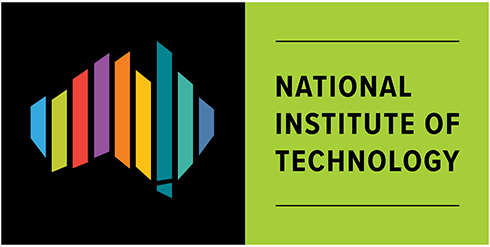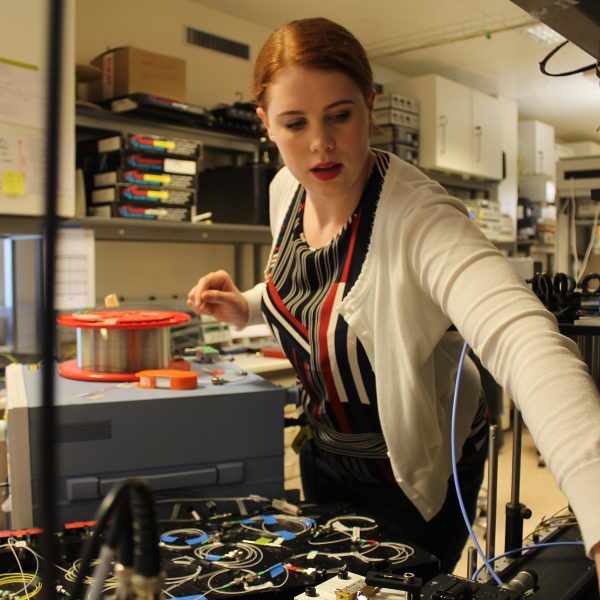
ICT30519
Certificate III in Telecommunications Technology
Telecommunications play a pivotal role in connecting individuals, cities, towns, and businesses and has become a fundamental aspect of our daily lives. This course helps you become a part of the digital community by helping you acquire the knowledge and skills to install, oversee, and troubleshoot wireless, optical fiber, and coaxial cable networks within a diverse range of dynamic environments.



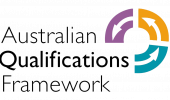
Government-subsidised fees are available to eligible candidates for this course through Jobs and Skills WA.
- Course CRICOS Code: 113299C
- Delivery Mode: Face-to-face (classroom based)
- Location: Perth City
- Duration: 52 Weeks including breaks
Course Package
Available
Package Certificate III in Telecommunications Technology with Telecom for double qualification and double career outcomes.
ICT30519 - Certificate III in Telecommunications Technology
Course CRICOS Code: 113299C
Duration: 52 weeks
ICT60220 - Advanced Diploma of Information Technology (Telecommunications Network Engineering)
Course CRICOS Code: 105264C
Duration: 52 weeks
Course Package
Available
Package Certificate III in Telecommunications Technology with Telecom for double qualification and double career outcomes.
ICT30519 - Certificate III in Telecommunications Technology
Course CRICOS Code: 113299C
Duration: 52 weeks
ICT60220 - Advanced Diploma of Information Technology (Telecommunications Network Engineering)
Course CRICOS Code: 105264C
Duration: 52 weeks
Package Career Outcome
• Telecommunications Network Planner (ANZSCO 313213)
• Telecommunications Technical Officer or Technologist (ANZSCO 313214)
Package Visa Outcome
Students are eligible for Temporary Graduate visa (subclass 485) Graduate Work stream.
Course Overview
This course is designed for persons who want to work as telecommunications technology operators. The course will cover various aspects of telecommunications technology such as:
- assess installation requirements,
- plan and perform installations,
- test installed equipment, and
- fault-find when issues arise with installed equipment.
The course participants will learn to work on some of the following areas:
- customer cabling networks
- optical fibre networks
- premises cabling
- radio communications
- telecommunications networking
- wireless networks
Career Prospects
Job roles and titles vary across different industry sectors. Possible job titles relevant to this qualification include:
- Telecommunications Lines Worker
- Cabler (Data and Telecommunications)
- Telecommunications Cable Jointer
- Telecommunications Technician
The demand for Telecommunications Engineering Professionals grew very strongly over the past 5 years and is expected to grow very strongly over the next five years. The number of Telecommunications Engineering Professionals is likely to increase from 13,100 in 2020 to 15,200 by 2025*.
* www.joboutlook.gov.au. Job Outlook is an initiative of the Australian Government National Skills Commission. Job Outlook provides information about Australian careers, labour market trends and employment projections. Accessed on 28 Oct 2021.
Entry Requirements
- Age:
- Domestic students must be 16 years or above at the time of application to study at NIT.
- International students must be 18 years or above before the commencement of study at NIT.
- Academic
- To check the academic entry requirements, refer to the Academic Entry Requirements web page.
- English Language Proficiency
- Overall IELTS band score of 5.5, with no band score less than 5.0; or
- An equivalent score in another English Language Proficiency Test acceptable by National Institute of Technology; or
- An alternative English language proficiency evidence that is acceptable by National Institute of Technology.
Click here to check the English language proficiency tests and alternative English language proficiency evidence acceptable by NIT
Course Structure
To complete ICT30519 – Certificate III in Telecommunications Technology, 16 units must be satisfactorily completed.
Many units in this course are delivered and assessed in a cluster. A cluster is a group of two or more units of competency that are delivered and assessed together. Clustering-related units in this course help you learn and perform assessment tasks as expected in an actual workplace.
Core Units of Competency
- ICTTEN202 Use hand and power tools
- ICTTEN208 Use electrical skills when working with telecommunications networks
- ICTTEN315 Determine and apply technologies within a telecommunications system
- ICTTEN317 Locate, identify and rectify telecommunications network faults
- ICTWHS204 Follow work health and safety and environmental policy and procedures
- ICTWOR308 Provide customer service to telecommunications customers
- ICTTEN207 Install and test internet protocol devices in convergence networks
- ICTCBL247 Install, maintain and modify customer premises communications cabling: ACMA Open Rule
- ICTCBL246 Install, maintain and modify customer premises communications cabling ACMA Restricted Rule
- ICTCBL301 Install, terminate and certify structured cabling installation
- ICTCBL322 Install, test and terminate optical fibre cable on customer premises
- ICTCBL303 Install and terminate coaxial cable
ICTCBL323 Test cables and systems on customer premises
- ICTTEN318 Inspect, clean and handle optical fibre cable and connectors
- ICTCBL330 Splice and terminate optical fibre cable for telecommunications projects
- ICTBWN307 Use optical measuring instruments
Note: Course structure, units and content are subject to change during the delivery period due to a change in legislative requirements or NIT’s course review process.
Training delivery and assessments will follow a holistic approach for units delivered as part of a cluster. You will be required to complete all the assessment requirements of a cluster to advance in the course. Failing to complete the clustered assessments will require re-enrolment in an entire cluster (all units that form part of the cluster) with applicable fees.
Fees & Intake Dates
An International Student is a person who:
- is not a Citizen or a Permanent Resident of Australia; and
- either holds a valid Australian student visa or intends to apply for an Australian student visa before the commencement of the course.
All international students who intend to study in Australia on a student visa require a Confirmation of Enrolment (CoE). The CoE (Confirmation of Enrolment) is an official document generated via PRISMS (Provider Registration and International Student Management System) that provides important information about your enrolment status. This document is required to be submitted to the Department of Home Affairs before applying for a student visa.
You must have a valid CoE at all times while you are studying on a student visa.
A Domestic Student is a person who is:
- a Citizen of Australia; or
- a Permanent Resident of Australia; or
- a Citizen of New Zealand; or
- a holder of an Australian Visa (other than a Student Visa) that allows them to study in Australia with no limitations on study.
Domestic students do not require a CoE (generated via PRISMS) as they do not need to apply for a student visa. They are provided with an enrolment confirmation from NIT via email, once their enrolment is finalised. Note: If you are a holder of an Australian visa, other than a student visa, you must have sufficient remaining duration on your visa to complete your studies at NIT from the date of your course commencement. Check course durations on the relevant course pages on the NIT’s website.
National Institute of Technology is an approved provider of the government’s Fee-Free courses through Jobs and Skills WA under Participation – Work Readiness.
You may be eligible for a Participation- Work Readiness funded course at NIT Australia if you have left school and you are:
- an Australian citizen; or a permanent visa holder; holders of a sub-class 309, 444, 785, 790, or 820 visa; secondary holders of a temporary visa of sub-class 457or 482 visa; holders of a Bridging Visa E (subclasses 050 and 051) where the visa holder has made a valid application for a visa of subclass 785 or 790; Ukraine citizens who are holders of a visa sub-class 449 or 786; Afghan citizens who are holders of a visa sub-class 449; or holders of a bridging visa who are eligible to work, and who have made a valid application for a subclass 866; and
- at least 18 years old*; and
- not under an active apprenticeship/traineeship training contract registered on WAAMS; and
- Jobseeker**; and
- a resident of Western Australia.
Important Information
- All students studying at NIT are required to bring their laptops that meets the minimum system requirements specified in NIT’s Bring Your Own Device (BYOD) policy.
- Students also must have access to a high-speed internet connection – broadband wired or wireless (5G/4G/LTE) – Minimum bandwidth requirement is 5/3 Mbps (download/upload speed).
- Students are also required to bring their own notebooks, stationery and USB storage media. NIT may lend laptops to students for on-campus use only based on a first-come-first-served basis.
This course involves a number of learning and assessment methods. Typically, the learning methods may include Presentations and discussions, Demonstrations, Individual and group activities, Skills practice, Role plays, Case studies, Simulated scenarios, and Research activities.
Assessment methods generally include Practical Observation of Tasks, Written or Oral Questioning, Case Studies, Role Plays, Reports, Research Projects, Presentations, etc.
Recognition of Prior Learning (RPL)
If you think that you have already gained the skills and experience for a unit or entire qualification, you can apply for RPL to get recognised as competent for parts or a whole nationally recognised qualification. Not everyone will get credited for their skills and knowledge. Successful applicants will need to demonstrate a reasonable amount of experience in the area their course covers. Contact us to know more about our RPL process.
Before making an application to study at National Institute of Technology, you must read the information provided for International Students in NIT Student Handbook & Policies webpage.
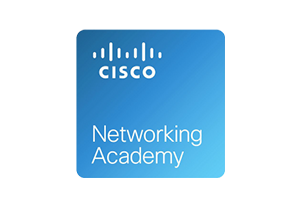



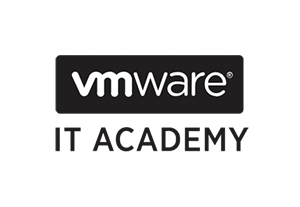
Testimonials
What our students say
about NIT
My experience at NIT has been great. The trainers are always helpful and spot-on when responding to my questions in class, which I ask a lot since I really want to learn networking skills. As a student, I was working as an uber eats delivery driver and in between deliveries,.

I am absolutely satisfied with my choice to join NIT Australia with the Diploma of Information Technology Networking and the upcoming Advanced Diploma of Telecommunications Network Engineering. I believe this is a great start for my career in Australia. Regarding the course structure, it is not only focused on theories but.

Since I started my study program at NIT, I have been developing very important and exciting new skills, such as working with specific equipment and the physical infrastructure of internet connections. Most importantly, all trainers are very knowledgeable and talented, which has been making my experience incredible and unique. I can’t wait to.

I was studying at a different college which I didn’t enjoy and I was scared I may have the same experience at NIT, but it was the opposite when I came here which I am happy about. I never thought I would understand programming but gradually I am gaining more.

I am doing the Advanced Diploma of Telecommunications Network Engineering course to learn more about fibre technologies. Dense Wavelength Division Multiplexing (DWDM) technologies are going to be the future of Telecom. I am learning relevant information about how to manage fibre to complete an entire project using DWDM technologies. The.

I am very happy with the trainers and staff who have shown excellent support and kindness during my studies here at NIT. Elaine, the internship manager, is also working closely with me to prepare for the internship, which is arranged by NIT at no additional cost for IT students. I.

''My experience at NIT has been great. The trainers are always helpful and spot-on when responding to my questions in class, which I ask a lot since I really want to learn networking skills. As a student, I was working as an uber eats delivery driver and in between deliveries, I would spend my time applying for all work opportunities on seek app, which matched my profile. As a positive result, I got accepted for one of the positions that I applied for and now I work as a digital marketing coordinator at a private Australian company in Perth.''

''I am absolutely satisfied with my choice to join NIT Australia with the Diploma of Information Technology Networking and the upcoming Advanced Diploma of Telecommunications Network Engineering. I believe this is a great start for my career in Australia. Regarding the course structure, it is not only focused on theories but also provides a variety of practical activities. Especially, the trainers are knowledgeable, dedicated, responsive and helpful. They will not hesitate to answer any questions that could support students in class as well as in preparing for their professional careers. The staff always go above and beyond to support international students settling in Australia. I am thankful to be part of NIT Australia. I hope this will enrich my credibility and bring a competitive edge to my career.''

"Since I started my study program at NIT, I have been developing very important and exciting new skills, such as working with specific equipment and the physical infrastructure of internet connections. Most importantly, all trainers are very knowledgeable and talented, which has been making my experience incredible and unique. I can’t wait to continue having new adventures in this place, and learning as much as I can. I am sure that I have all the necessary tools and passion to thrive in the IT field. Within the next few years, I see myself as an empowered woman with high professional traits. With my Business Administration background and my Diploma in Information Technology, I believe that I will have the full set of skills to be an excellent professional and achieve great things in the job market. I invite all women to be part of our fight for gender equality. By pursuing our dreams, we help the world to grow and evolve. Just like everything, the world also needs a feminine touch."
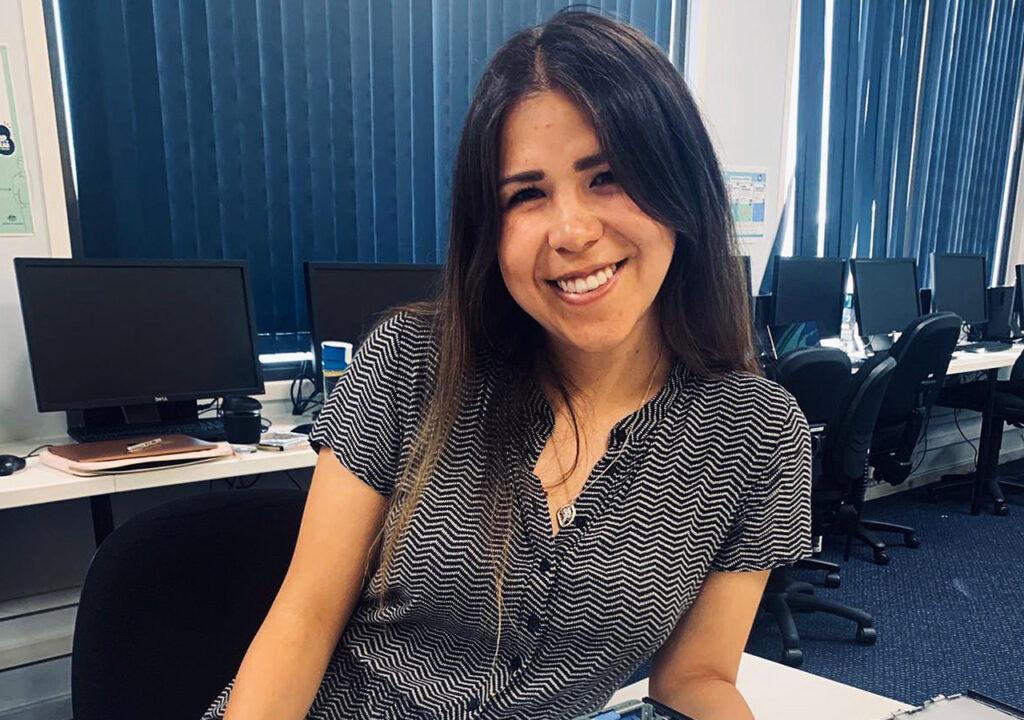
"I was studying at a different college which I didn’t enjoy and I was scared I may have the same experience at NIT, but it was the opposite when I came here which I am happy about. I never thought I would understand programming but gradually I am gaining more knowledge in this field better than I ever thought I would. The trainers work very hard to ensure students get the help we need and I feel like we are a part of a family here."

"I am doing the Advanced Diploma of Telecommunications Network Engineering course to learn more about fibre technologies. Dense Wavelength Division Multiplexing (DWDM) technologies are going to be the future of Telecom. I am learning relevant information about how to manage fibre to complete an entire project using DWDM technologies. The trainers are fully prepared and highly competent, and well equipped with many years of experience in the mining sector developing telecom solutions. Classes are very interesting with a lot of content and resources. I would strongly recommend this course at NIT Australia to all students interested in future technologies in a dynamic environment."

"I am very happy with the trainers and staff who have shown excellent support and kindness during my studies here at NIT. Elaine, the internship manager, is also working closely with me to prepare for the internship, which is arranged by NIT at no additional cost for IT students. I recommend NIT as this school listens to the student’s feedback and they make a lot of effort to continuously improve their services to students."

Lorem ipsum dolor sit amet, consectetur adipiscing elit. Pugnant Stoici cum Peripateticis. Et quidem, inquit, vehementer errat; Quamquam id quidem, infinitum est in hac urbe; Duo Reges: constructio interrete.

Lorem ipsum dolor sit amet, consectetur adipiscing elit. Pugnant Stoici cum Peripateticis. Et quidem, inquit, vehementer errat; Quamquam id quidem, infinitum est in hac urbe; Duo Reges: constructio interrete.

Lorem ipsum dolor sit amet, consectetur adipiscing elit. Pugnant Stoici cum Peripateticis. Et quidem, inquit, vehementer errat; Quamquam id quidem, infinitum est in hac urbe; Duo Reges: constructio interrete.

Lorem ipsum dolor sit amet, consectetur adipiscing elit. Pugnant Stoici cum Peripateticis. Et quidem, inquit, vehementer errat; Quamquam id quidem, infinitum est in hac urbe; Duo Reges: constructio interrete.

Lorem ipsum dolor sit amet, consectetur adipiscing elit. Pugnant Stoici cum Peripateticis. Et quidem, inquit, vehementer errat; Quamquam id quidem, infinitum est in hac urbe; Duo Reges: constructio interrete.

Name1
Lorem ipsum dolor sit amet, consectetur adipiscing elit. Ut elit tellus, luctus nec ullamcorper mattis, pulvinar dapibus leo.
Name1
Lorem ipsum dolor sit amet, consectetur adipiscing elit. Ut elit tellus, luctus nec ullamcorper mattis, pulvinar dapibus leo.
Name1
Lorem ipsum dolor sit amet, consectetur adipiscing elit. Ut elit tellus, luctus nec ullamcorper mattis, pulvinar dapibus leo.
Name1
Lorem ipsum dolor sit amet, consectetur adipiscing elit. Ut elit tellus, luctus nec ullamcorper mattis, pulvinar dapibus leo.
